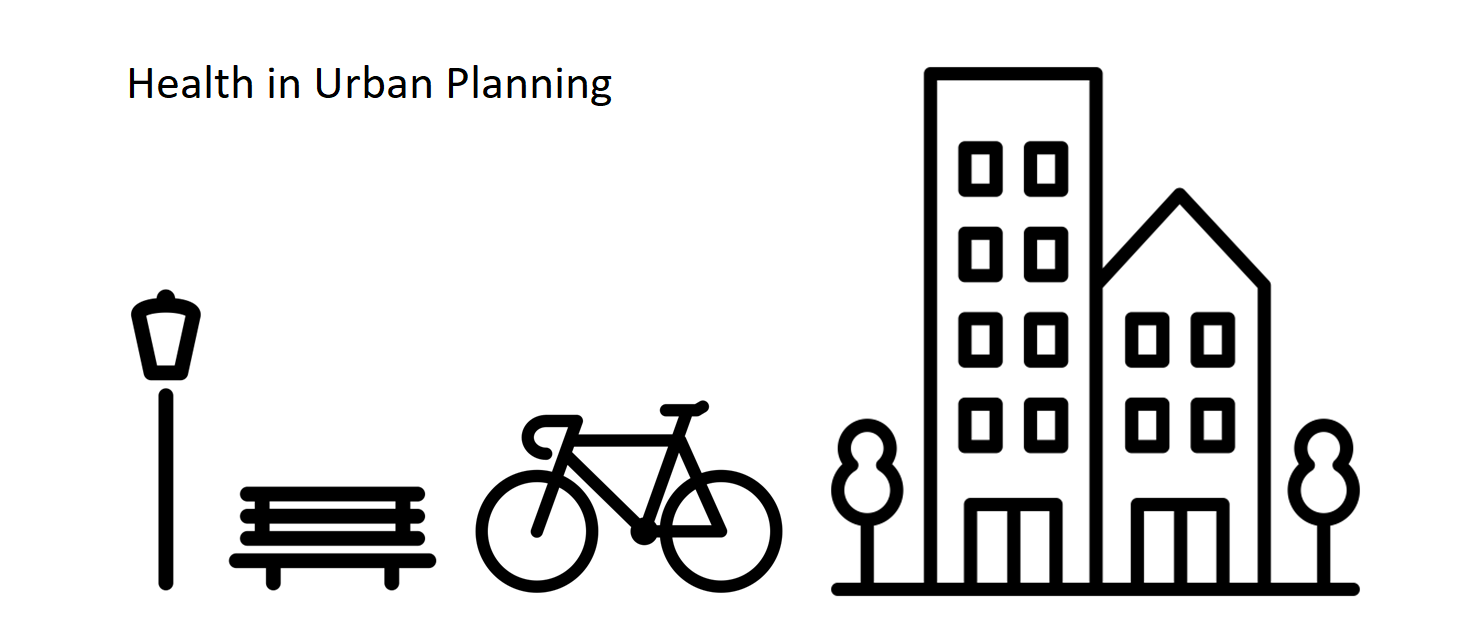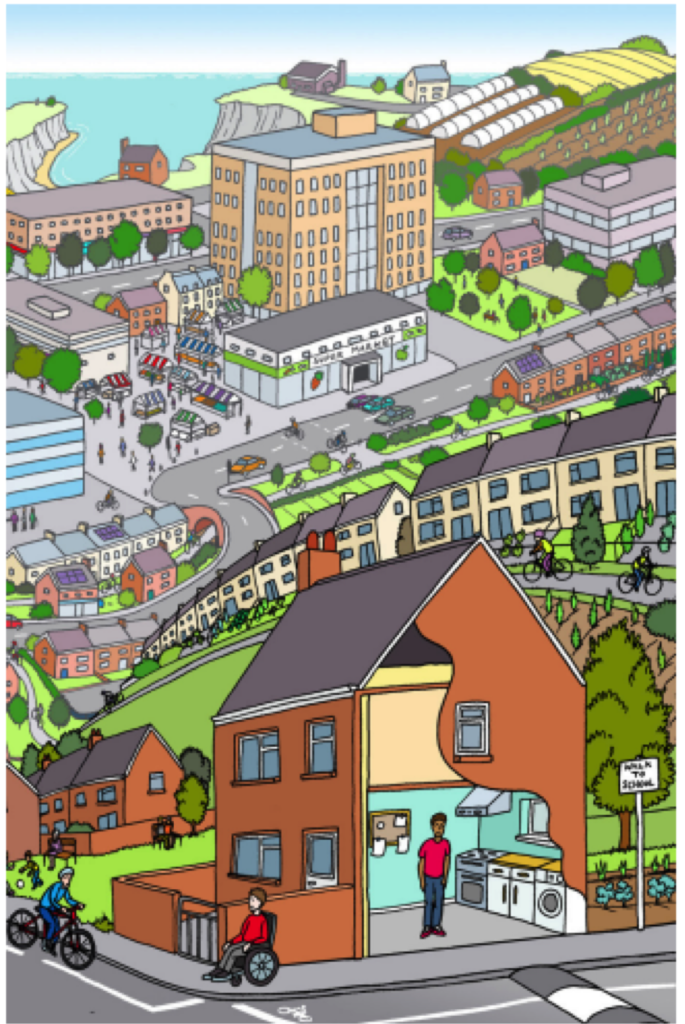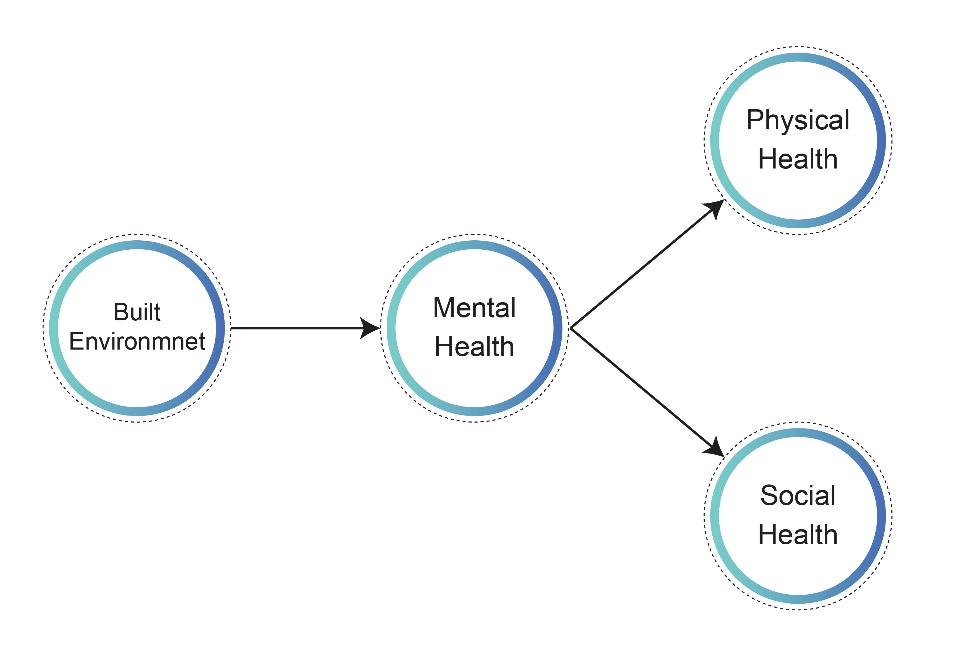City Know-hows

Stronger collaboration with inhabitants could ensure more attention on health in spatial plan development.
Share
Target audience
Urban planning advisers and public health practitioners and researchers
The problem
Despite the available scientific knowledge about the relationship between health and the environment and the suggestions in the discussions of articles that this topic should receive more attention from planners and policymakers in the future, there is limited attention to health and the healthy living environment in spatial plan development. It is relevant to look at the context in which policy ensures a healthy living environment especially the involvement of inhabitants.
What we did and why
We investigated what inhabitants’ views were on health and environment and what they find important in this. We were interested how this knowledge can lead to increased attention to health in spatial planning processes. The insights gained in this way can help us to discover more ways of ensuring that health receives more attention in spatial planning.
Our study’s contribution
We found that:
• Inhabitants have a good idea of what is important in their environment and their health. This is in line with scientific knowledge.
• There are three important preconditions that contribute to a healthy life, including involvement of inhabitants in developments in their own living environment.
• Promoting and increasing the involvement of inhabitants in the planning process will help to create spatial planning developments that promote health more than is currently the case.
Impacts for city policy and practice
The importance of inhabitants involvement in changes and developments in their living environments, simultaneously contributes to their general health and to the creation of a healthy living environment overall.
Further information
Full research article:
The value of incorporating inhabitants’ perspectives on health into municipal spatial planning processes: an explorative study by Kristine Mourits, Ilse Knoops, Koos van der Velden & Gerard Molleman
Related posts

Our systematic review of the impacts of neighbourhood design on well-being found strong evidence linking design principles such as walkability and access to green space with health and well-being.

The expected rise of working from home after the COVID-19 pandemic necessitates a deeper understanding of the cause and effect of home environment on physical, mental, and social health. Existing research primarily focuses on physical and psychological health, with less attention given to social health. Incorporating social health is emphasized by various researchers during the pandemic. Moreover, the interconnected nature of health components suggests the possibility of mediation, requiring a model selection to represent the working from home situation.

A study of mid to older adults in Brisbane, found that people living in disadvantaged areas were more likely to be lonely. This was partially explained by levels of residential density.